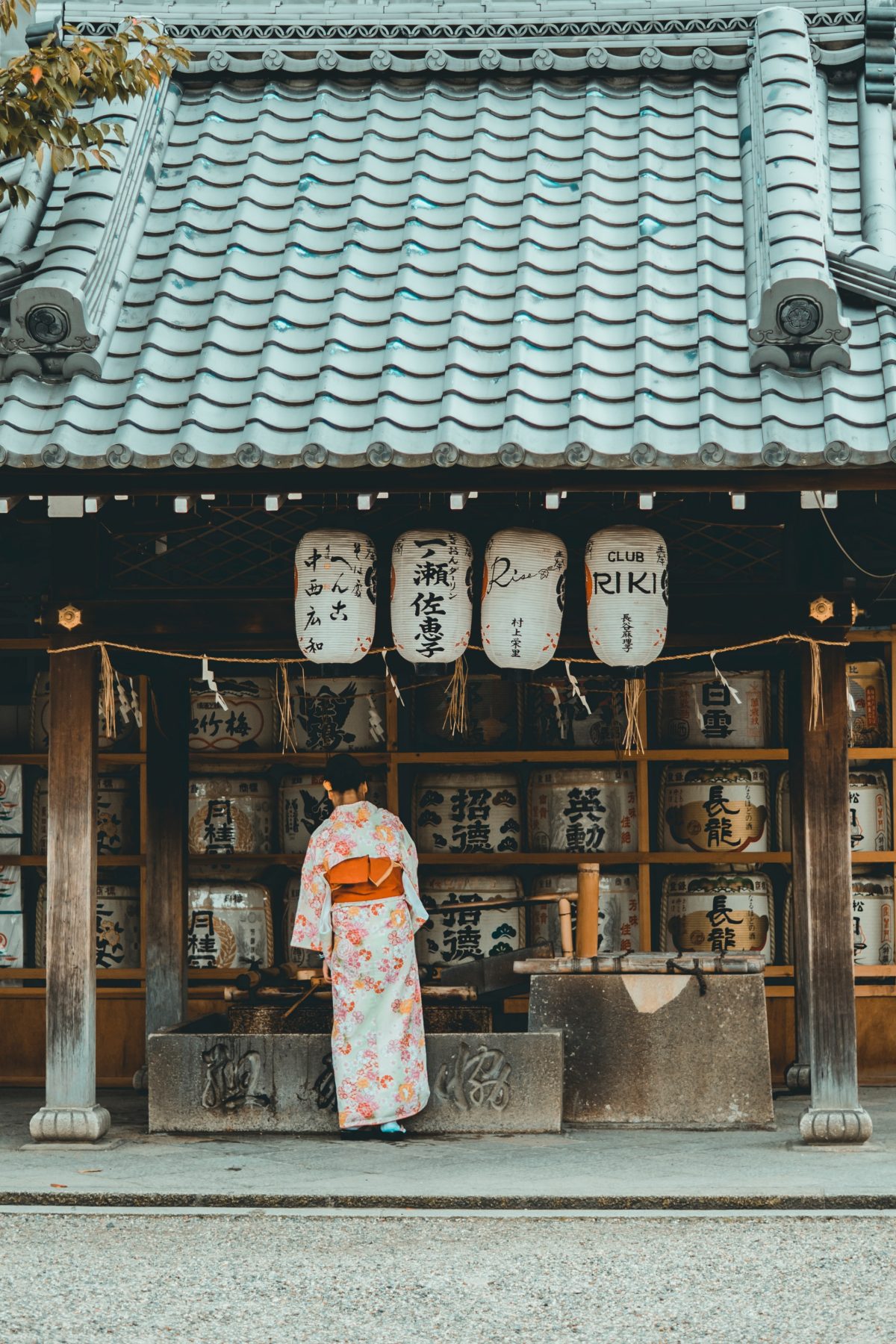There is a Swedish word “Lagom” which refers to when something is just the right amount.
It is attested to come from the plural dative form of lag (“law”), so literally “with the laws”. Folk etymology claims that it derives from a phrase used in Viking times: “laget om”, which means ‘to the whole team’. It’s allegedly used to describe how much mead or soup one should drink when passing the bowl around a group, to make sure that everyone received a sufficient portion. It speaks to the idea of equity and balance.










